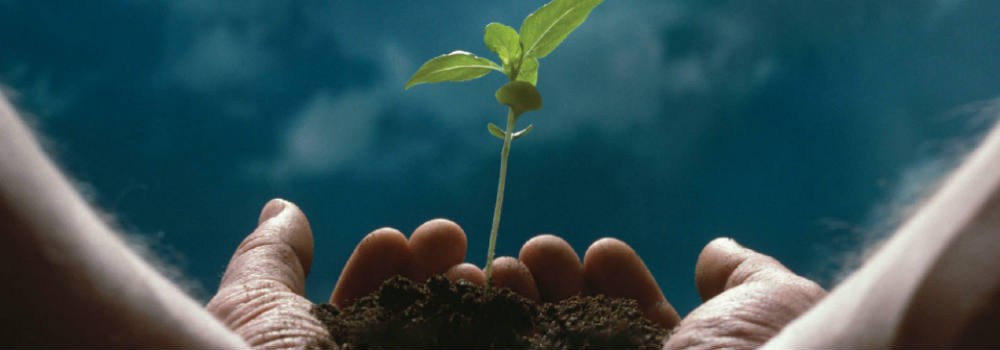Talking Social Enterprise with Marc Kielburger
Change the world, do what you love, make rent: the beginning of taking actions towards social entrepreneurship
By: Imogen Grace, Staff Writer
You’re ten years old watching your favourite Saturday morning cartoons. An ad comes on the TV showing a child halfway across the world who is without food and water. For $30 a month, you can feed that child. Only problem is, $30 is all your allowance in the world, and giving it up will mean no back-to-school clothes in the fall, no movie theatre on Friday nights.
For many of us, this was our first experience with social outreach. A notion rooted in sacrifice and charity, and, yeah, sometimes guilt.
Fast forward ten or fifteen years and here we are. A generation that is hungry to define personal success and find careers that leave us fulfilled, wondering how we can make the world a better place while also making rent. This is a lot to reconcile.
What if there was a way to have our cake and eat it, too?
Social entrepreneurship
The Skoll Foundation, one of the world’s leading organizations in the field, defines a social entrepreneur as “society’s change agent; creators of innovations that disrupt the status quo and transform our world for the better”. More specifically, a social enterprise is a business that operates in order to positively impact society or the environment, while still making a profit. It is the “simultaneous achievement of both economic and social values”.
Luckily, there are many individuals that have paved the way for us. Like Muhammad Yunus, a Nobel Peace Prize recipient and father of the world-changing invention of microfinance. Or social entrepreneur celebrity Blake Mycoskie, founder of Toms. Myscoskie came up with Toms shoes after taking a trip to Argentina and witnessing the hardships of children living without shoes. Toms calls their business model the “One for One” method: buy a pair of shoes for yourself, and a child in a developing country receives a free pair of shoes. It has proven to have a sustainable model and has positively impacted the quality of thousands of lives, donating over 10 million pairs of shoes.
There is also Newman’s Own, a gourmet food sauce line developed by movie star Paul Newman that has donated over $370 million US to charitable foundations since 1988. Or Samasource, which provides high quality data services to companies by harnessing the untapped potential of impoverished women and youth.
The rise of these and thousands of other social enterprises is by no coincidence perfectly positioned in the midst of the Millennial generation. Millennials have become increasingly aware that their consumer actions have consequences for the world around them. They are using their buying power to promote companies that use environmental practices and favour sustainability. They align themselves with causes, not just products. And by 2017, they will be spending about $200 billion annually, more than any other generation in history.
Perhaps that means we, oh burgeoning entrepreneurs, are perfectly positioned to combine our business innovation power with our commitment to leave the world better off than we found it.
Marc Kielburger
One of Canada’s most successful social entrepreneurs, Marc Kielburger, co-founder of Free the Children and Me to We seems to agree. In an interview with the Arbitrage last week, he stated “I truly believe [social entrepreneurship] is the future of philanthropy.” Kielburger has been awarded the Order of Canada and selected by the World Economic forum as one of 250 young global leaders. He told us that he first got the idea to branch from the non-profit sector into social enterprise in 2002 when he was in Sierra Leone at the end of the civil war.































Share the post "Talking Social Enterprise with Marc Kielburger"